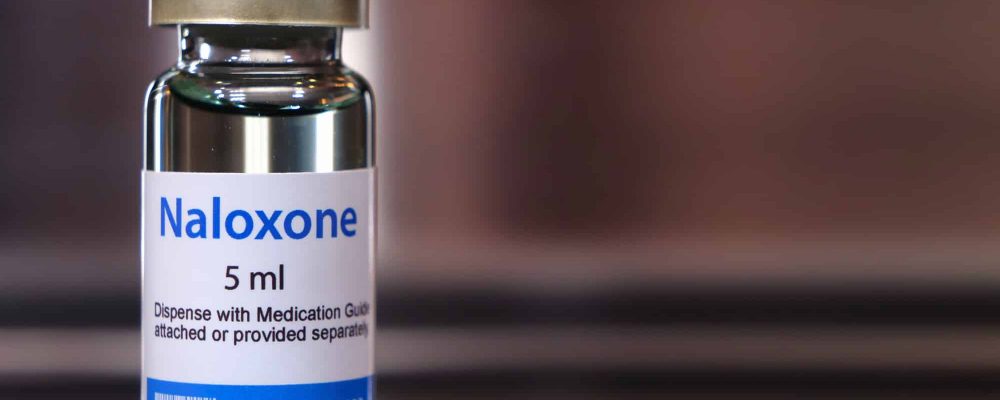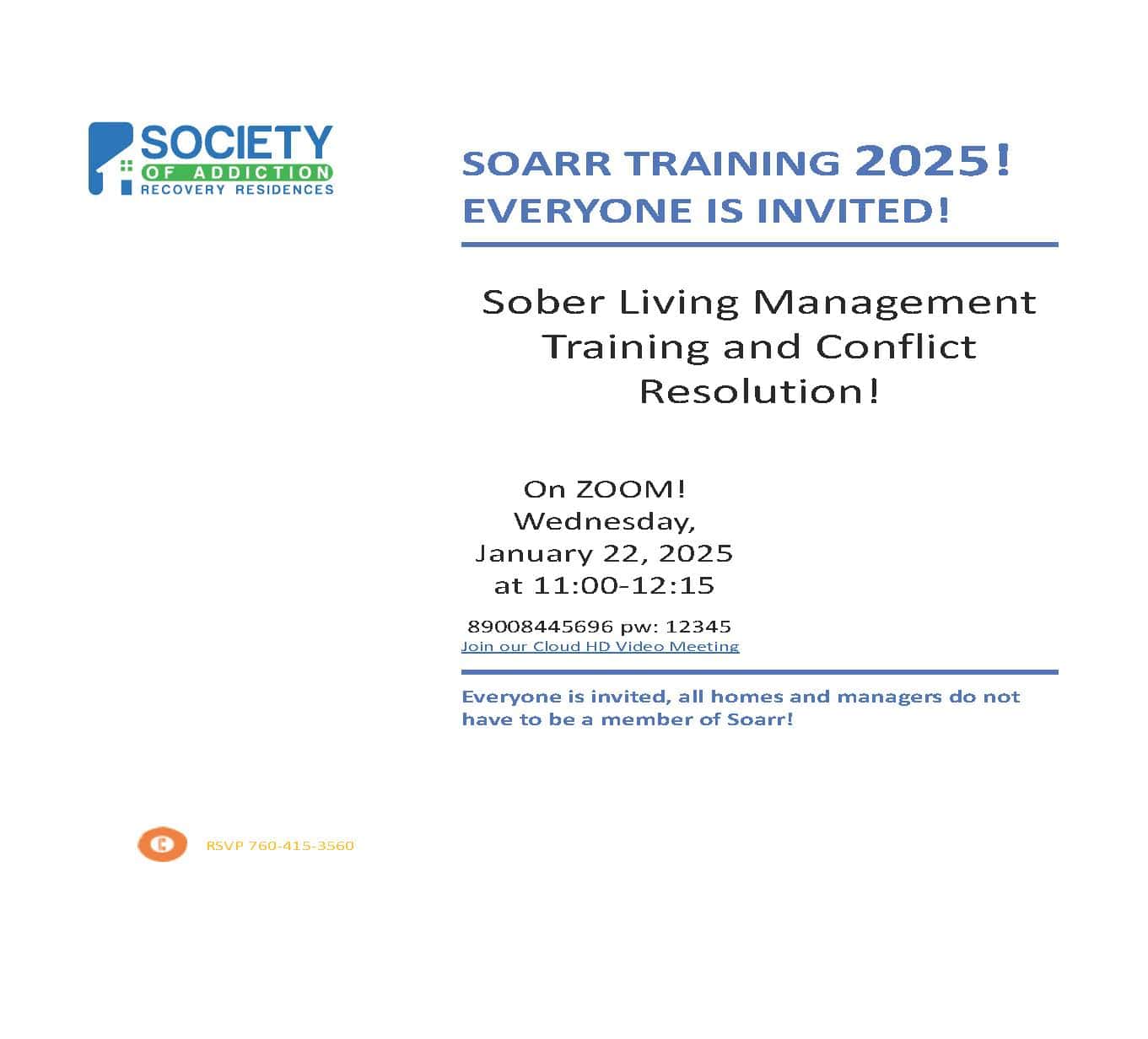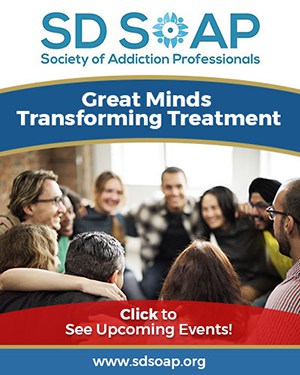In response to the escalating overdose crisis gripping America, the White House has issued a compelling call to action: the White House Challenge to Save Lives from Overdose. This nationwide initiative aims to mobilize stakeholders from all sectors in a unified effort to combat the scourge of opioid overdoses, which continues to devastate communities across the nation.
Recent statistics paint a grim picture of the crisis. According to data from the Centers for Disease Control and Prevention (CDC), drug overdose deaths soared to unprecedented levels, surpassing 93,000 fatalities in 2020 alone. Of particular concern is the alarming surge in fentanyl-related deaths, which spiked by 59% from 2019 to 2020, underscoring the urgent need for decisive action.
The overdose crisis in America, already a pressing concern in 2019, underwent significant transformations during the COVID-19 pandemic, resulting in a staggering increase in fatalities.
Here are some of the other numbers:
- According to the Centers for Disease Control and Prevention (CDC), drug overdose deaths surged by nearly 30% in 2020, totaling a record 93,000 fatalities.
- Fentanyl-related deaths have been particularly alarming, with a 63% increase from 2019 to 2020. Overdose deaths are still trending upward, but slowly.
- Naloxone availability, an opioid overdose reversal medication, has been associated with a 50% opioid overdose reduction, according to the National Institute on Drug Abuse (NIDA)
- Despite the availability of naloxone, only 23% of pharmacies in the United States offer naloxone without a prescription, according to research from Penn LDI.
The Challenge: Expanding Access to Naloxone
One of the focal points of the White House Challenge is the promotion of widespread access to life-saving opioid overdose drug naloxone. Because the availability of naloxone is associated with a remarkable 50% reduction in opioid overdose deaths, it has been made available over the counter and in machines in some parts of the country. However, despite its effectiveness, accessibility remains a significant hurdle. Many states have pharmacies that are unfamiliar with it or have a moral objection to stocking.
The success of the White House Challenge hinges on the collective commitment of stakeholders at every level. From large corporations to small businesses, public institutions to private organizations, all are implored to play an active role in saving lives. Leaders are urged to prioritize training programs for employees on opioid overdose reversal medications and ensure that these life-saving interventions are readily accessible in workplaces, first aid kits, and communities at large. You can learn more about how to participate as a community stakeholder here.
Increased Overdoses Since 2020
The pandemic exacerbated existing vulnerabilities within communities, amplifying the risk factors associated with substance use disorders. Lockdowns, social isolation, economic hardship, and disrupted access to healthcare services all contributed to heightened levels of stress, anxiety, and despair among individuals struggling with addiction. Disruptions in the illicit drug supply chain led to a proliferation of synthetic opioids, such as fentanyl, further exacerbating the crisis. Young people began seeking out sources of drugs on social networks, thinking they were getting a couple of oxycodone drugs but getting, and overdosing, on fentanyl instead.
Fentanyl became ubiquitous in the illicit drug supply, and people began accidentally overdosing on it when using drugs like cocaine.
As a result of these compounding factors, the overdose crisis experienced a dramatic escalation during the pandemic. The increase in fentanyl-related deaths, in particular, underscores the severity of the situation. From 2019 to 2020, fentanyl-related fatalities surged by a staggering 59%, highlighting the urgent need for comprehensive interventions to address the crisis.
The pandemic underscored the critical importance of expanding access to life-saving interventions, such as naloxone, which can reverse opioid overdoses and prevent fatalities. However, despite the proven efficacy of naloxone, accessibility remains a significant challenge.
Fighting the Fentanyl Epidemic in Communities
As the nation continues to grapple with the devastating toll of the overdose crisis, concerted efforts are needed to address its root causes and mitigate its impact on communities.
By implementing evidence-based strategies, expanding access to treatment and harm reduction services, such as the successful naloxone vending machines, and fostering greater collaboration among stakeholders, we can work towards stemming the tide of opioid overdoses and saving lives.
Learn About SOARR
Join the Society of Addiction Recovery Residences (SOARR) and become part of a dynamic alliance dedicated to upholding unparalleled standards of excellence in the recovery industry. At SOARR, we’re not just an organization – we’re a community of passionate sober living operators and professionals committed to fostering accountability, dignity, and integrity in every facet of our work.
By joining SOARR, you’ll be part of an organization that values professionalism and mindfulness, ensuring a continuous commitment to those we serve. Our mission is clear: to elevate our residents’ standard of living and quality of life. We understand the profound impact of addiction on individuals, families, and communities, and we embrace the responsibility to make a positive difference.
Please call us at 619-828-2001 to learn more about joining our organization.





